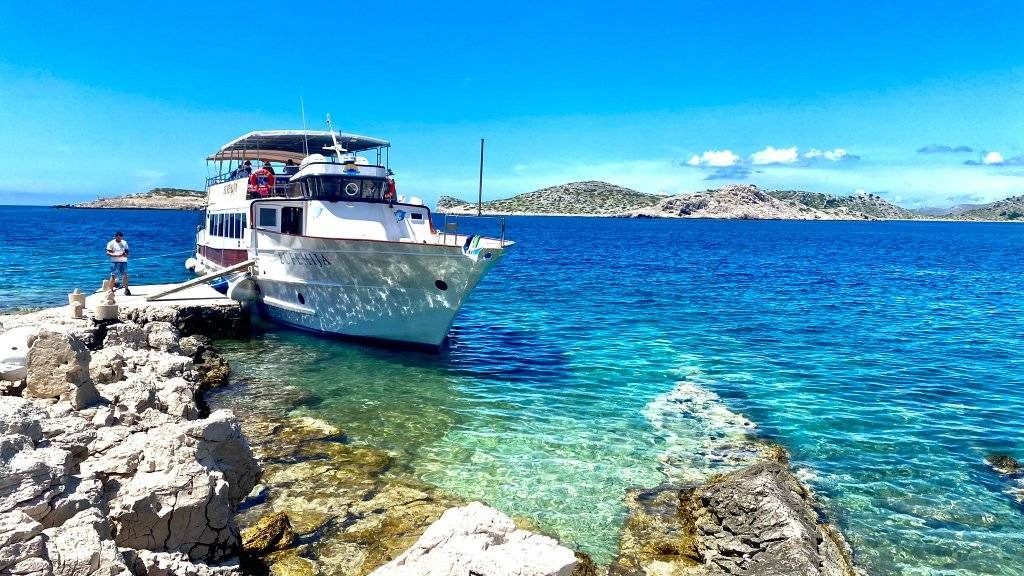
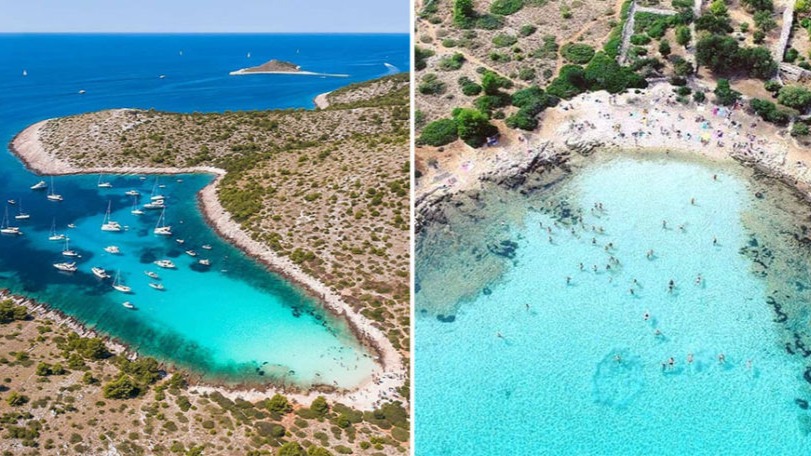
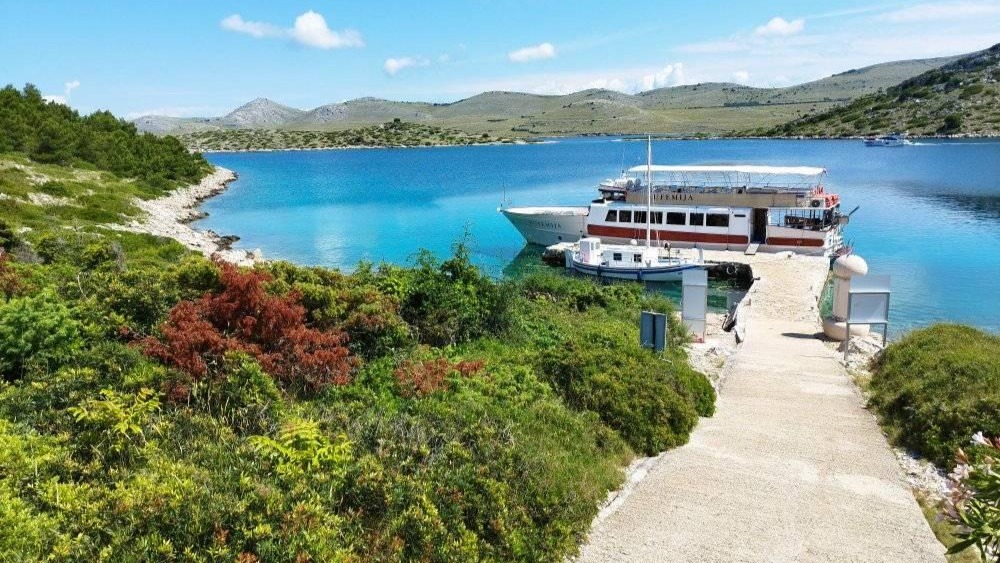
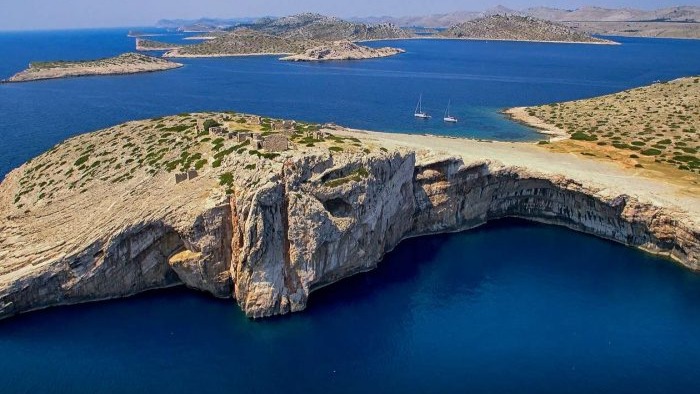
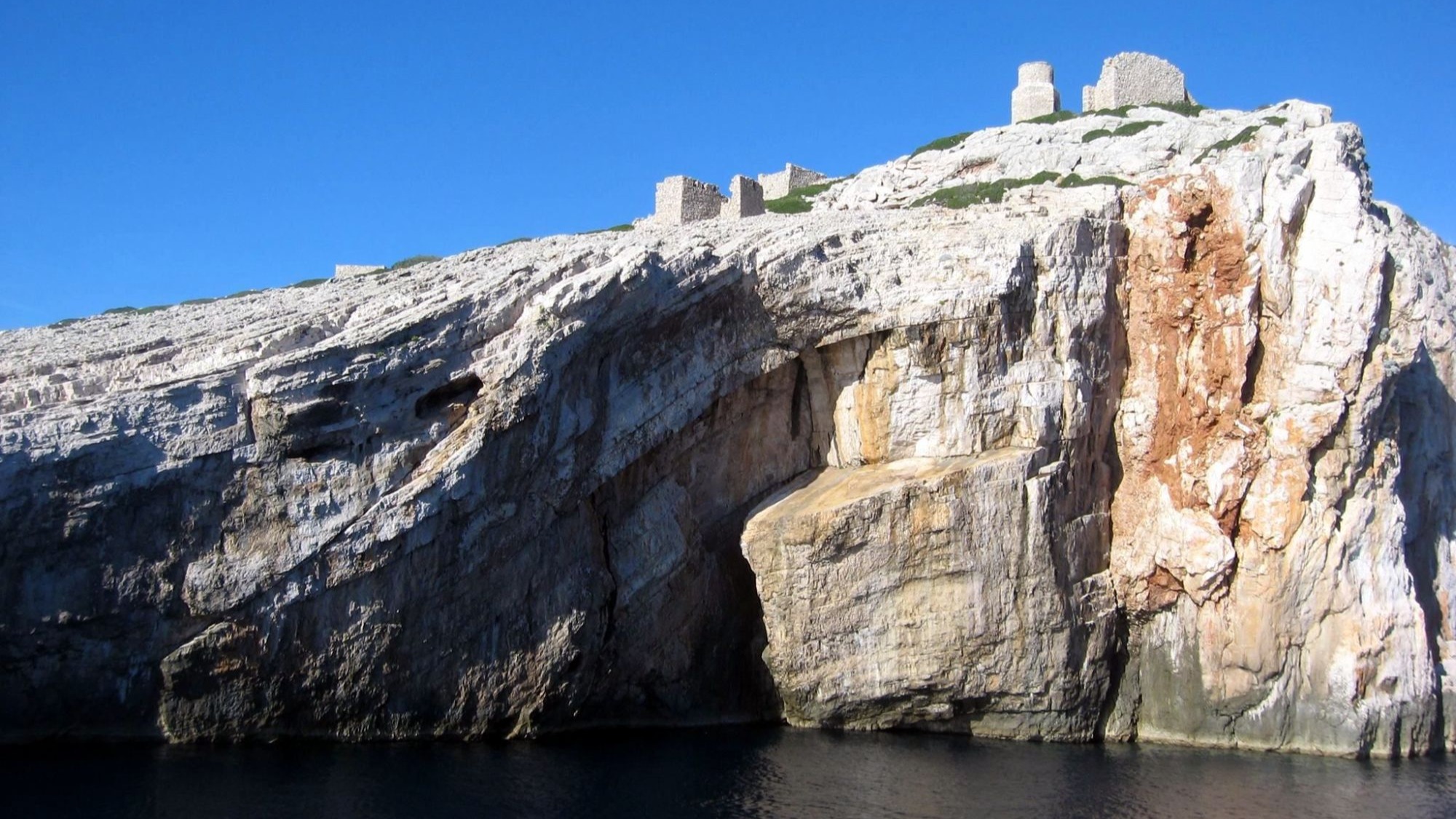
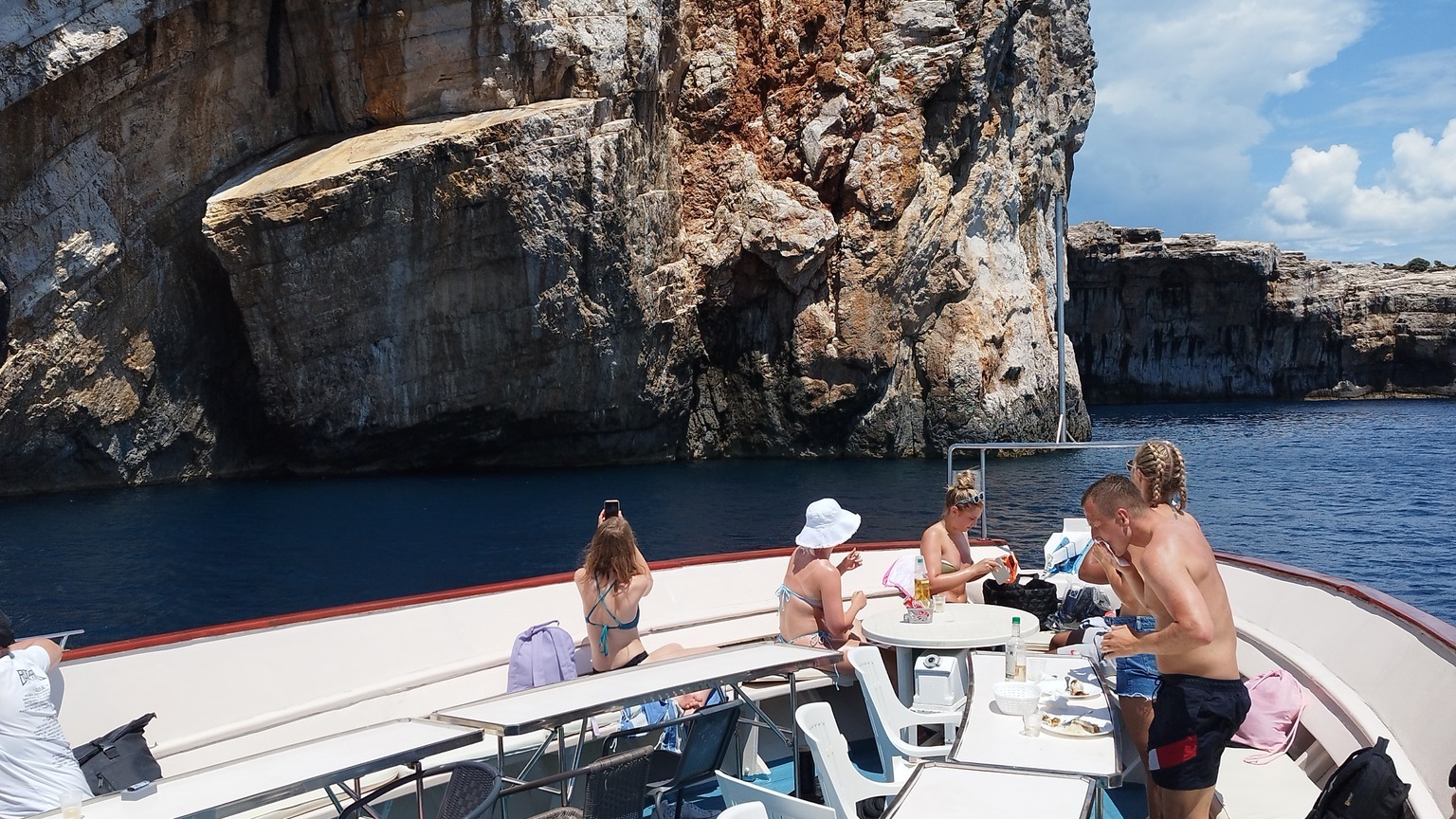
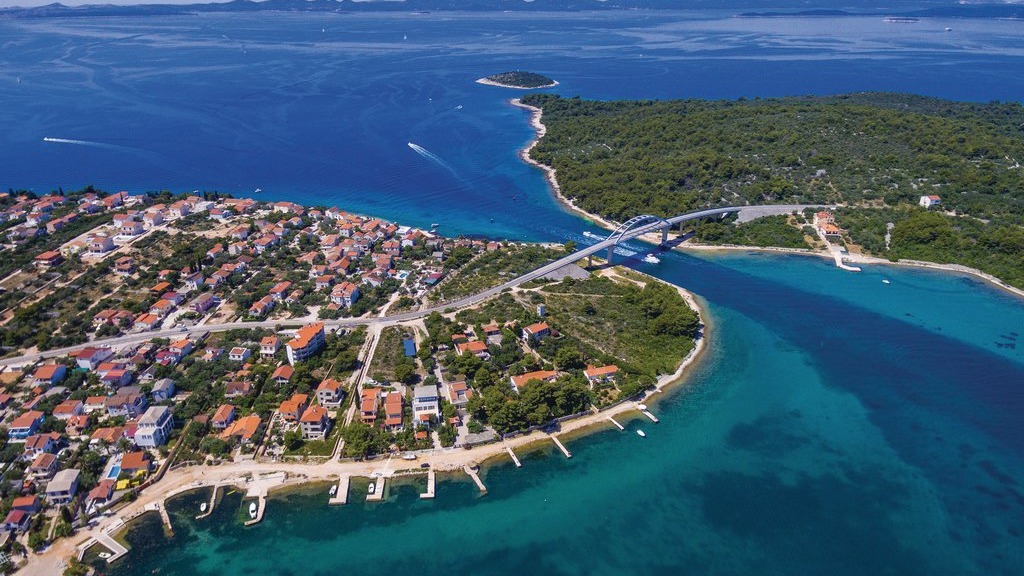
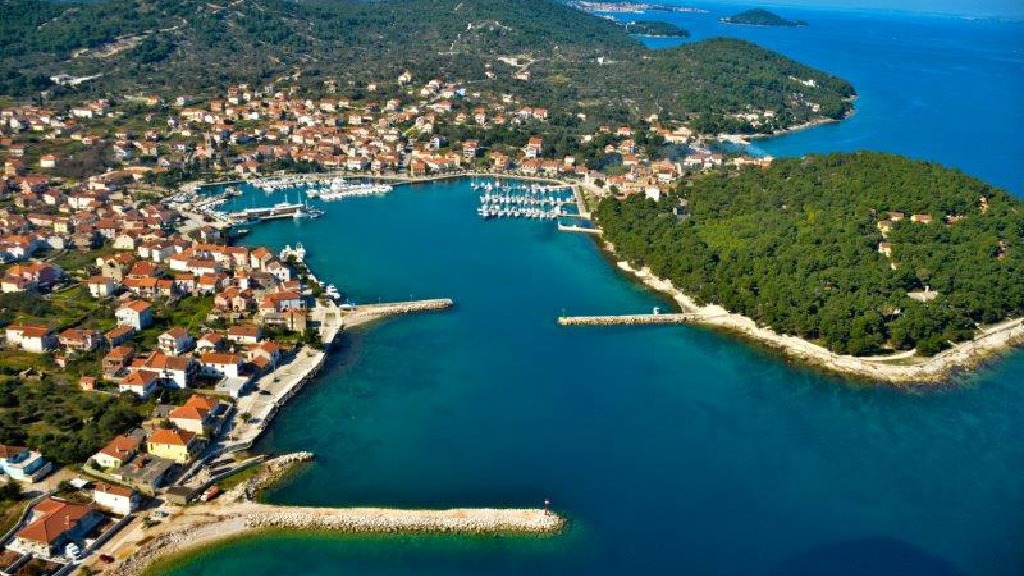
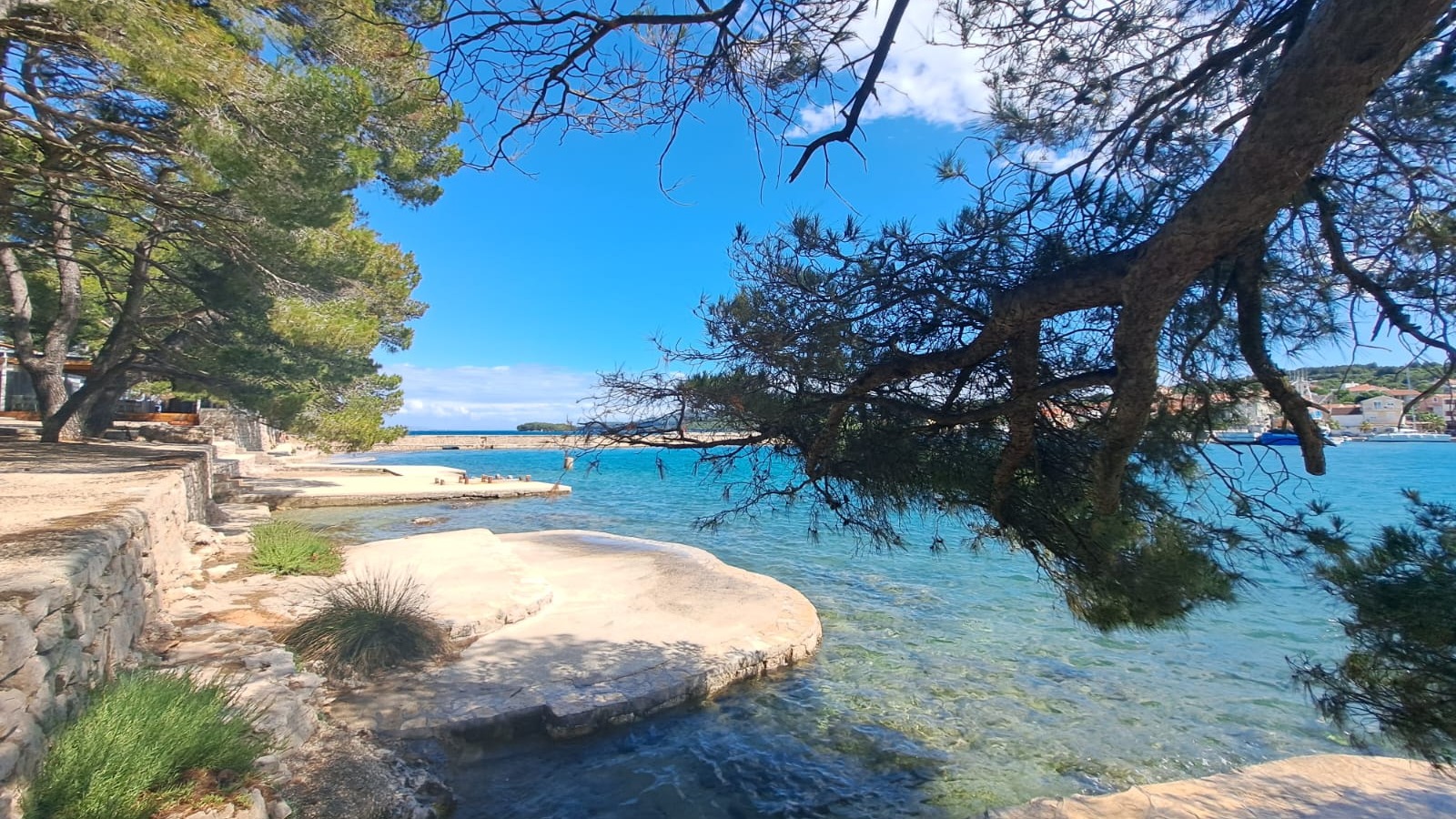
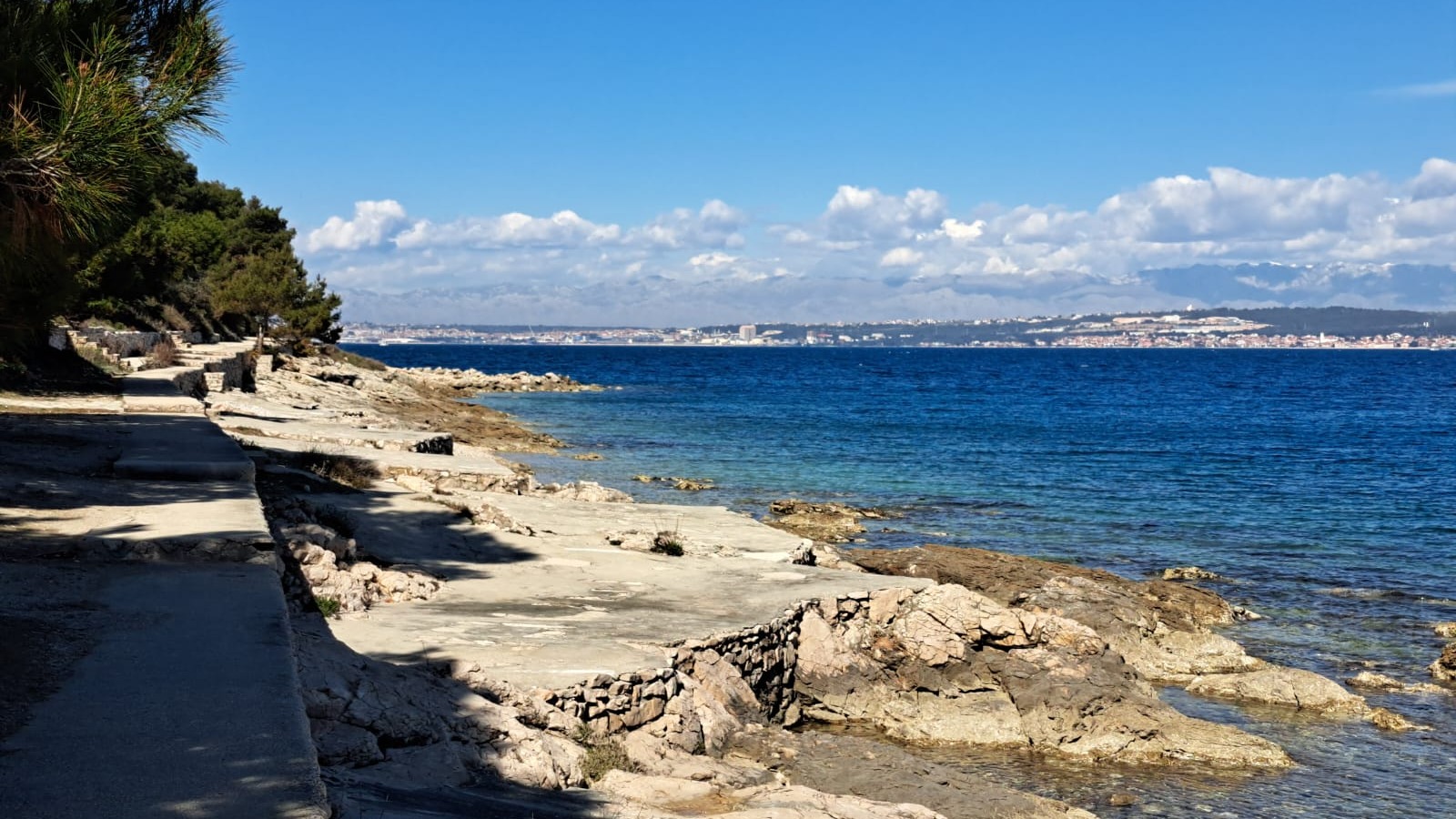
About this activity
Rating
Location
Kornati
Type
Excursion by tourist boat
Duration
10 H
Transportation
Organized
Capacity
1 - 140
Description
A full-day boat trip from Zadar through the archipelago of local islands to the Kornati National Park. Visit three enchanting islands!
This cruise will delight you! You will not only receive a huge dose of beautiful views but also a friendly, pleasant atmosphere on board. Your comfort and safety will be taken care of by the experienced crew, so you will be able to discover paradise corners without a care in the world. You will visit the island of Mana, where the brave can jump from the cliffs into the sea, you will have the opportunity to swim on one of the most beautiful beaches of Kornat. After a day full of excitement, you will stop at a typical Dalmatian island town. Use it however you like - try delicious ice cream, octopus salad or mussels in one of the great restaurants here, have a drink in a beach bar or laze on the beach. An hour's stop in Kukljica is not enough to take advantage of everything that the village offers, but you can always come back here for another holiday...
HIGHLIGHTS
- Mana Island
- amazing rock walls
- cliffs jumping to the sea
- stone remains of a movie set
- Levrnaka Island - Lojena beach
- Kukljica
Read more about the destination KORNATI
